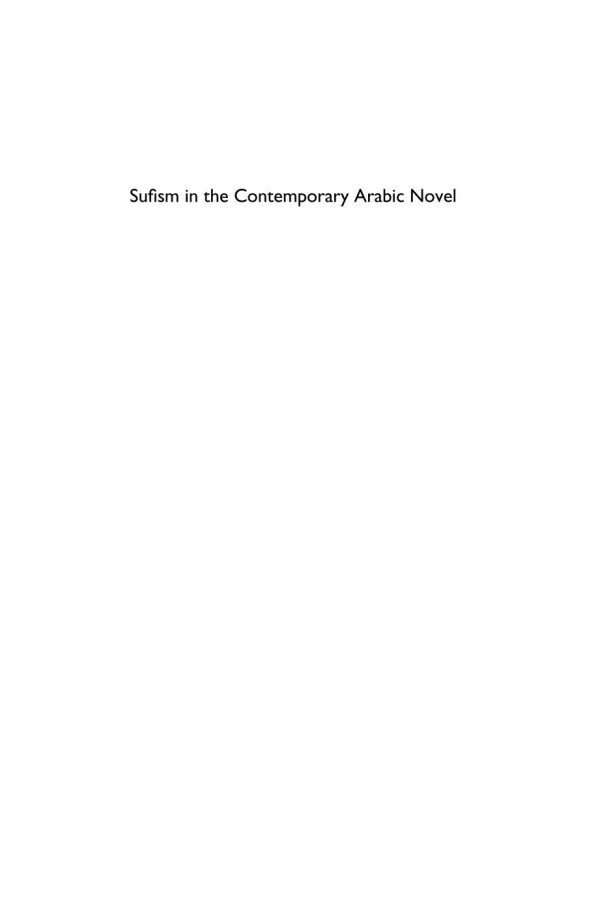

Most ebook files are in PDF format, so you can easily read them using various software such as Foxit Reader or directly on the Google Chrome browser.
Some ebook files are released by publishers in other formats such as .awz, .mobi, .epub, .fb2, etc. You may need to install specific software to read these formats on mobile/PC, such as Calibre.
Please read the tutorial at this link: https://ebookbell.com/faq
We offer FREE conversion to the popular formats you request; however, this may take some time. Therefore, right after payment, please email us, and we will try to provide the service as quickly as possible.
For some exceptional file formats or broken links (if any), please refrain from opening any disputes. Instead, email us first, and we will try to assist within a maximum of 6 hours.
EbookBell Team

0.0
0 reviewsClose readings of 9 contemporary Arab novelists who use Sufism as a literary strategy
Sufi characters – saints, dervishes, wanderers – occur regularly in modern Arabic literature. A select group of novelists interrogates Sufism as a system of thought and language. In the work of writers like Naguib Mahfouz, Gamal Al-Ghitany, Taher Ouettar, Ibrahim Al-Koni, Mahmud Al-Mas’adi and Tayeb Salih we see a strong intertextual relationship with the Sufi masters of the past, including Al-Hallaj, Ibn Arabi, Al-Niffari and Al-Suhrawardi.
This relationship interrogates the limits of the creative self, individuality, rationality and all the possibilities offered by literature. In this dialogue with the mystical heritage, these novelists seek a way of preserving a self under siege from the overwhelming forces of oppression and reaction that characterised the late 20th and early 21st centuries.